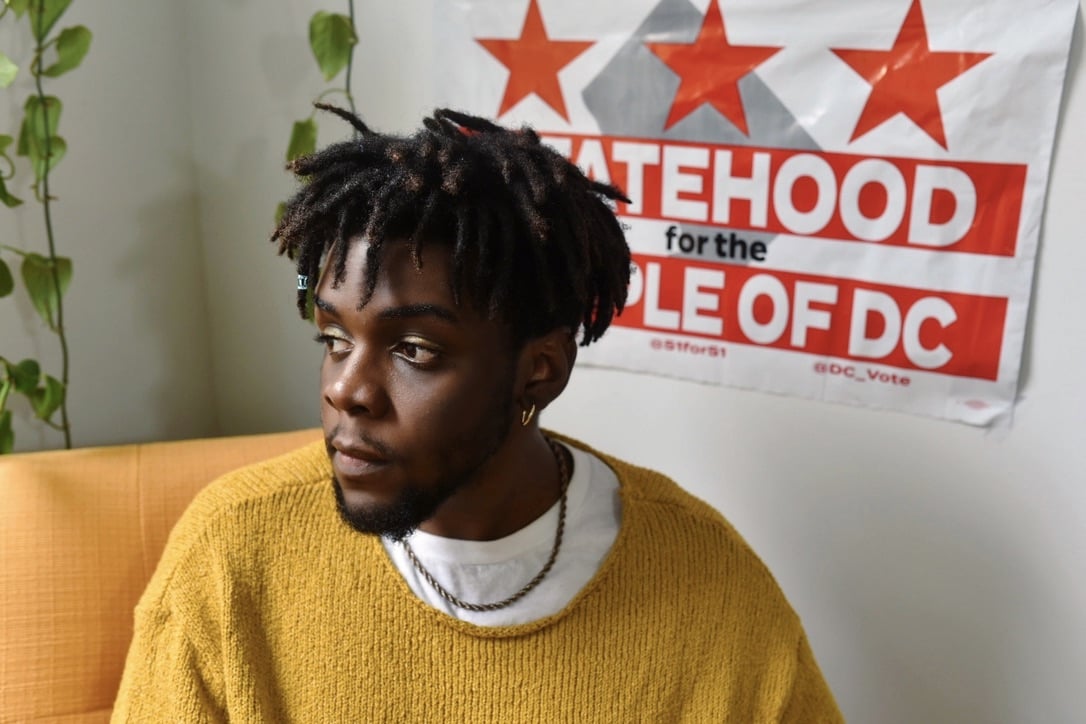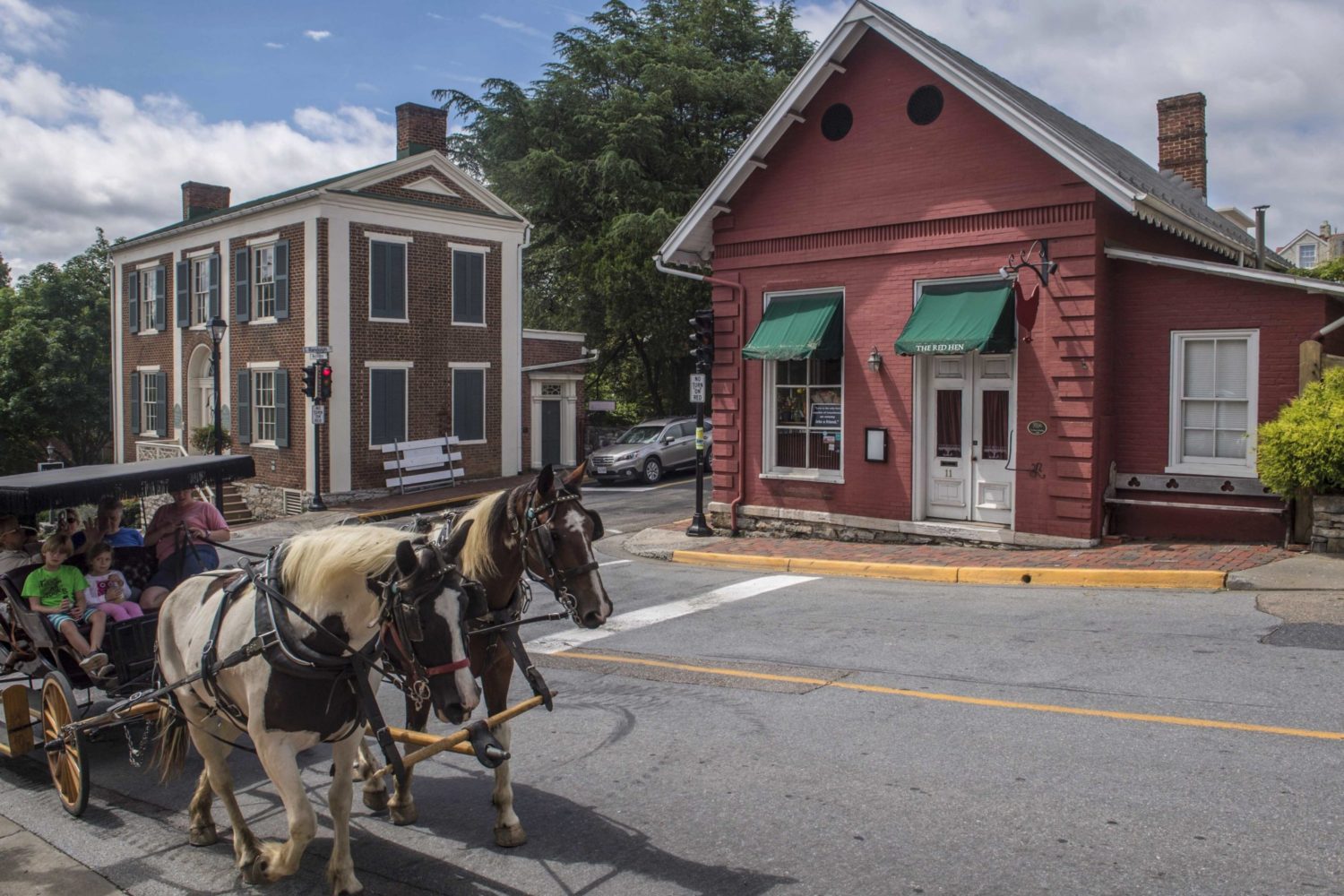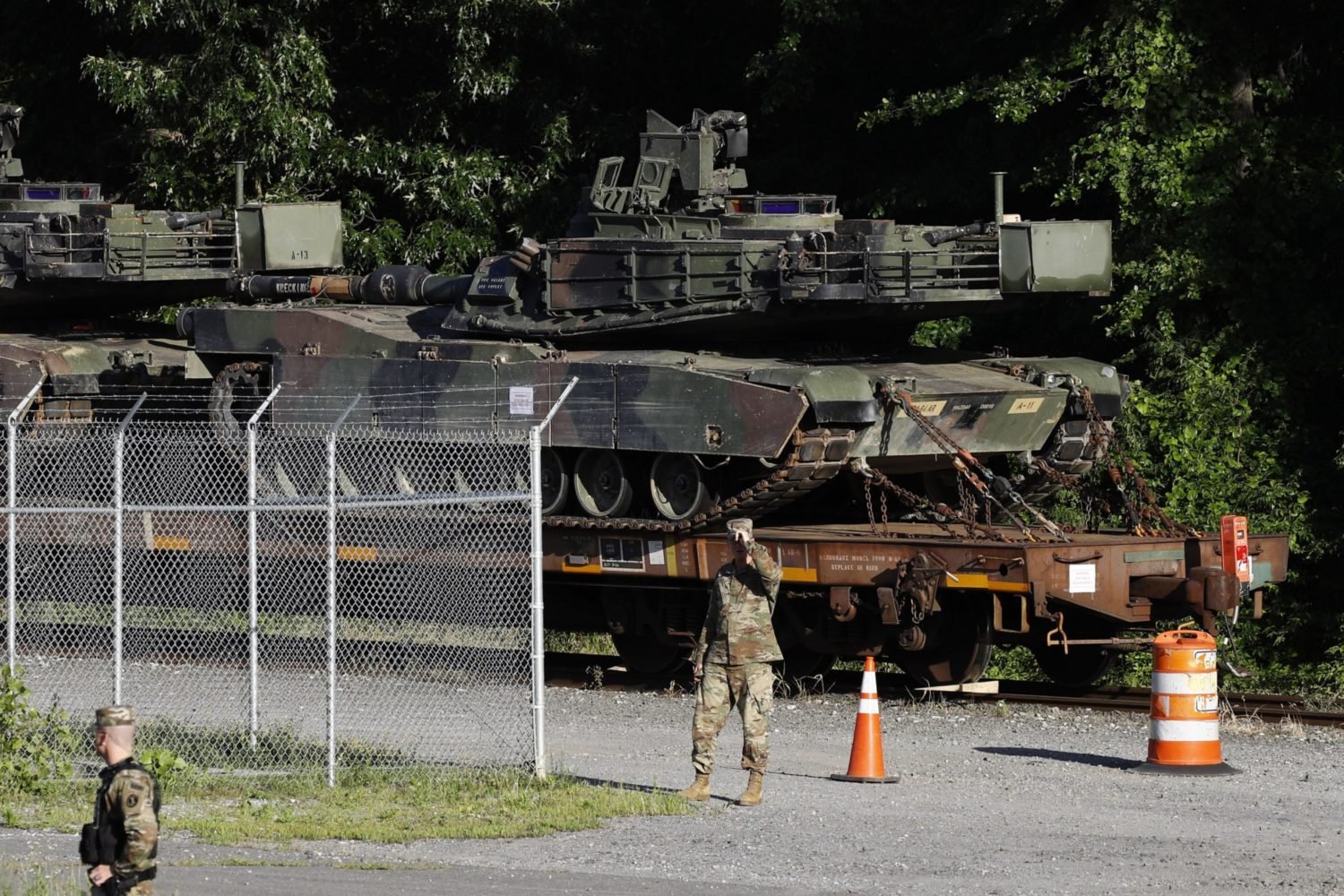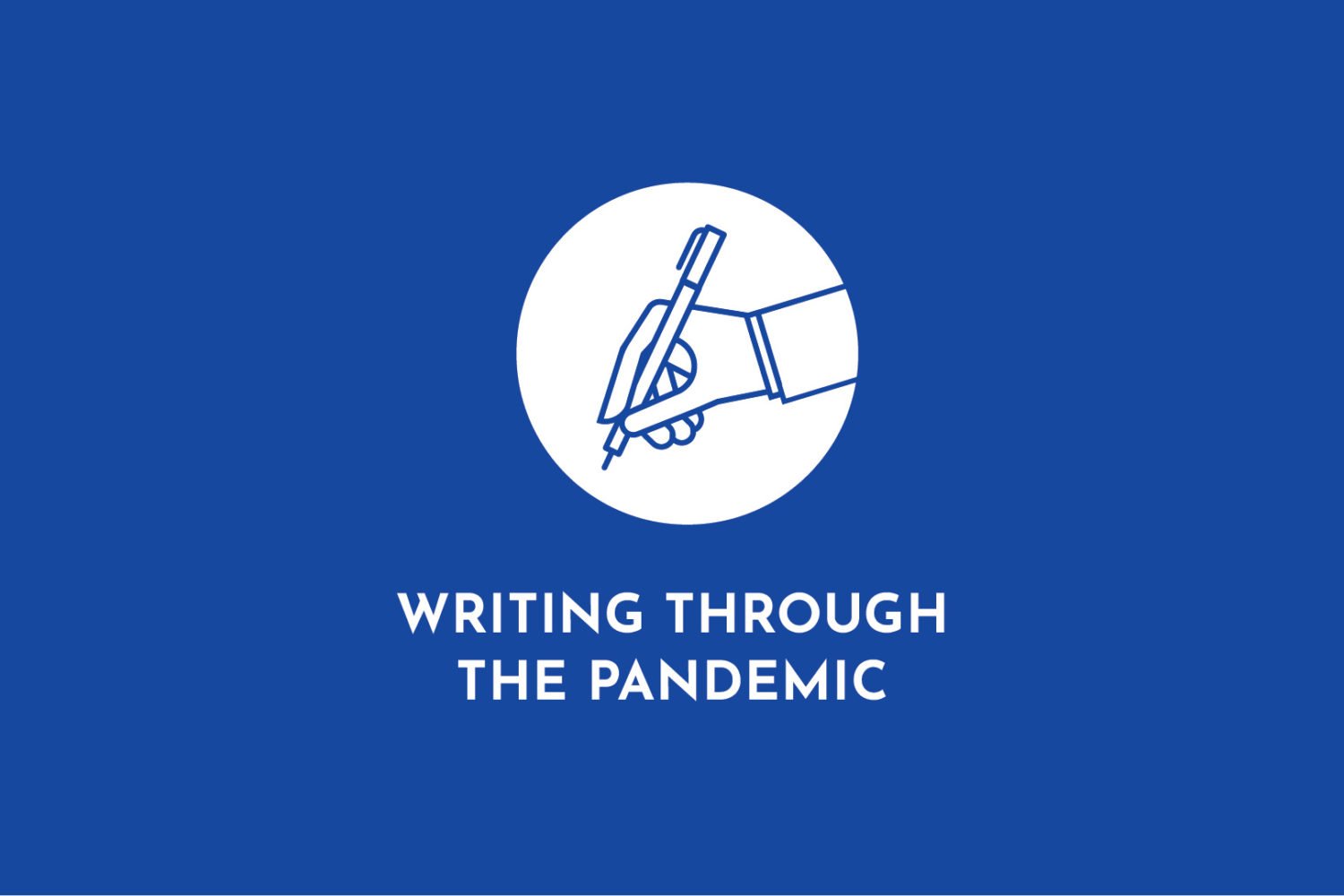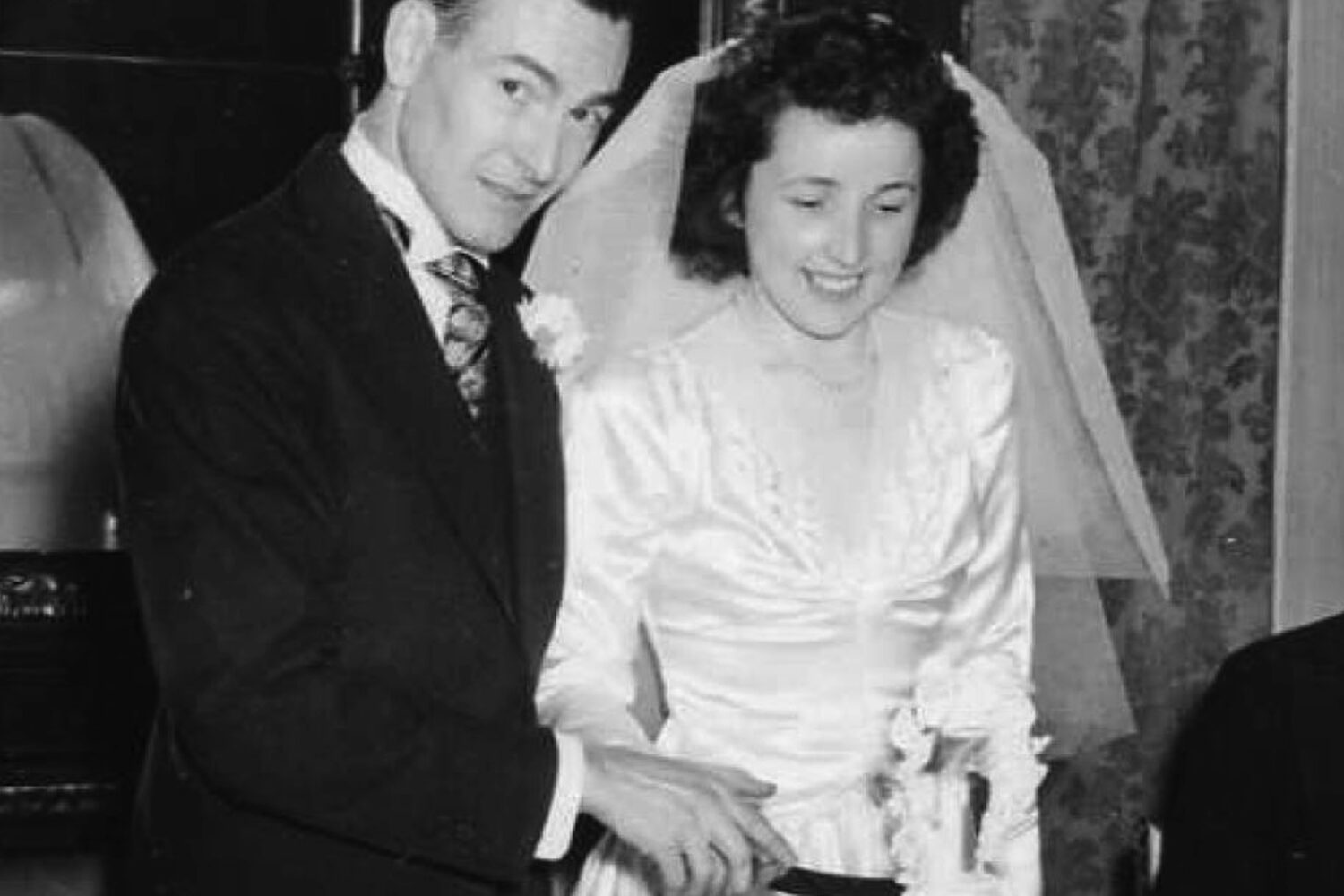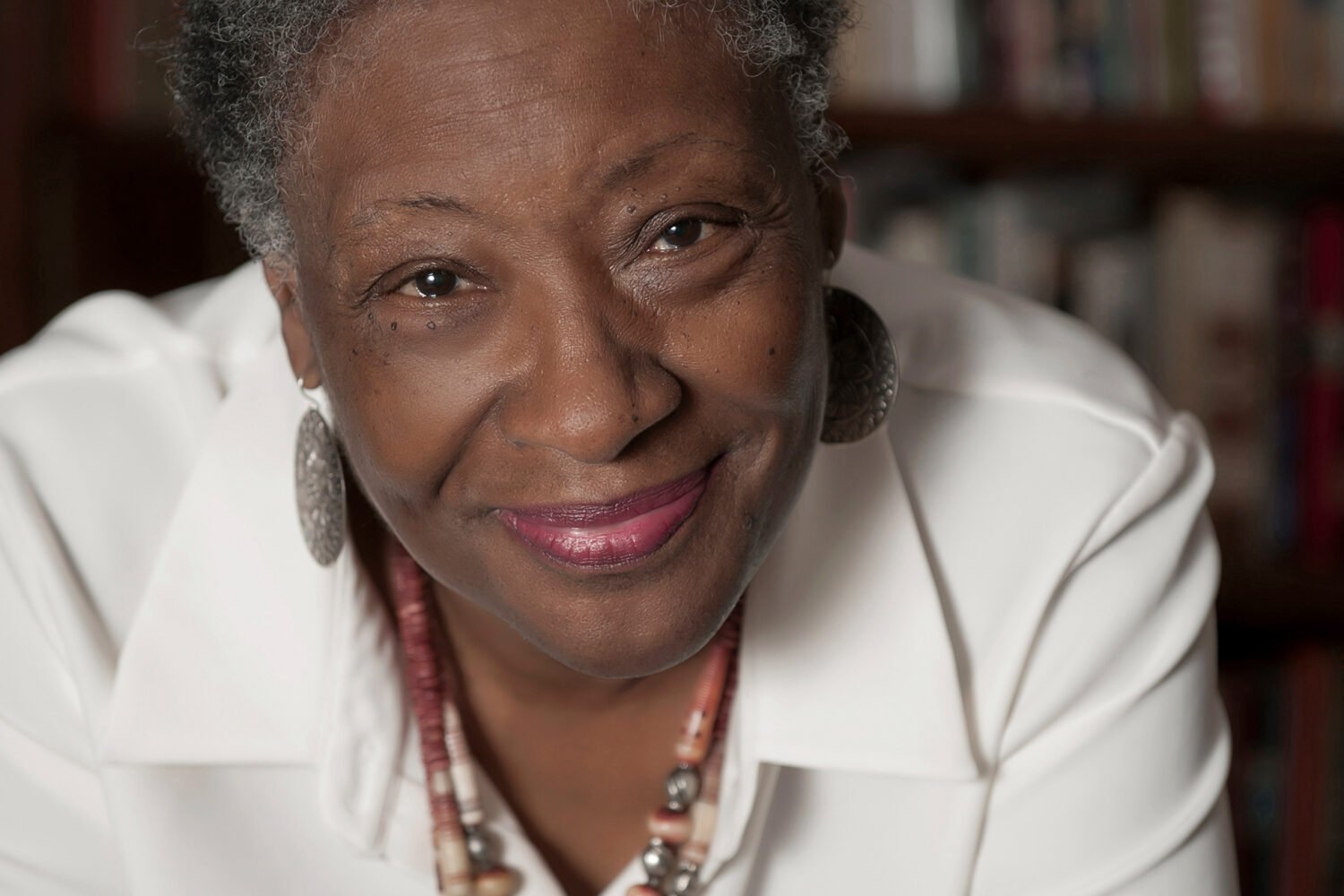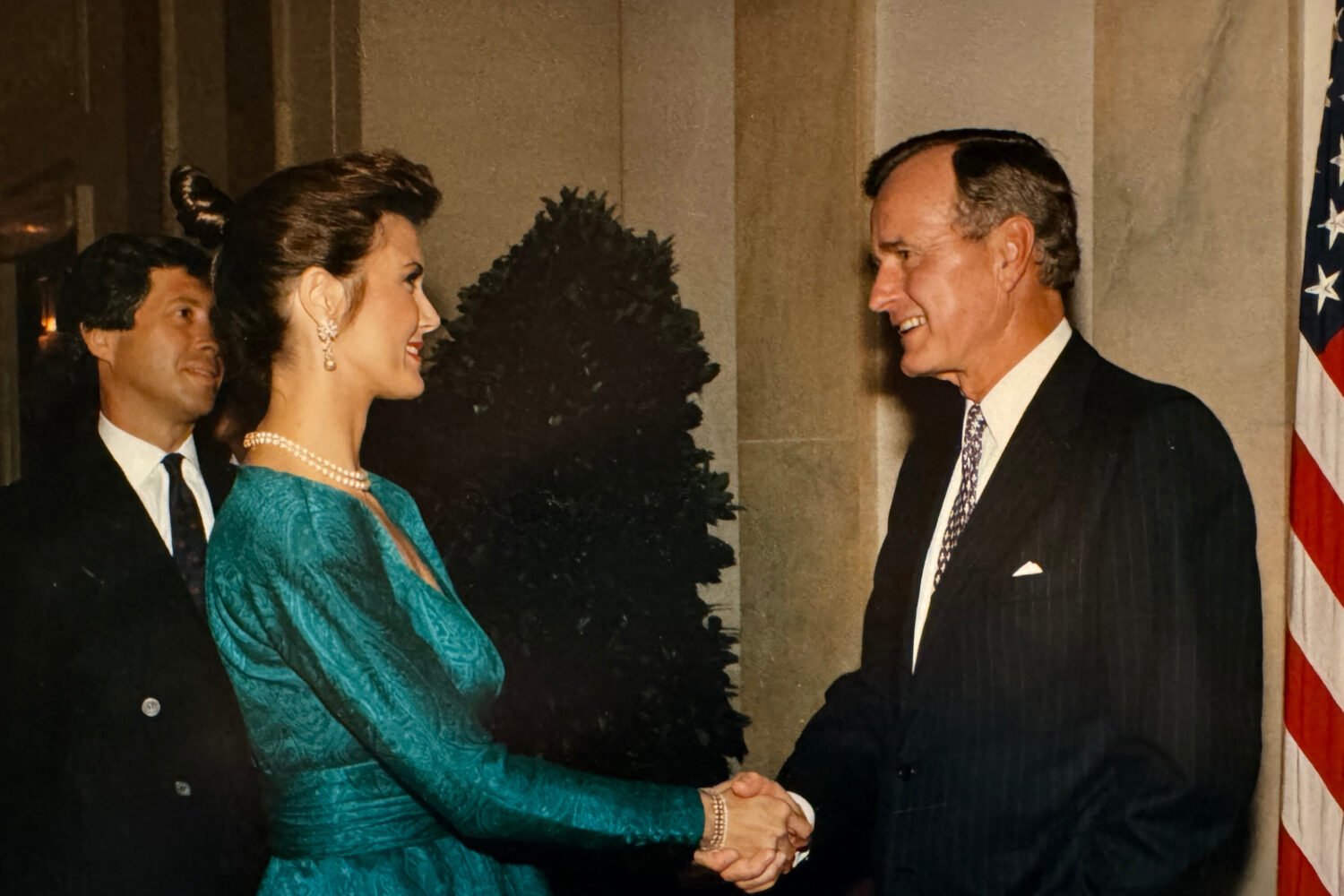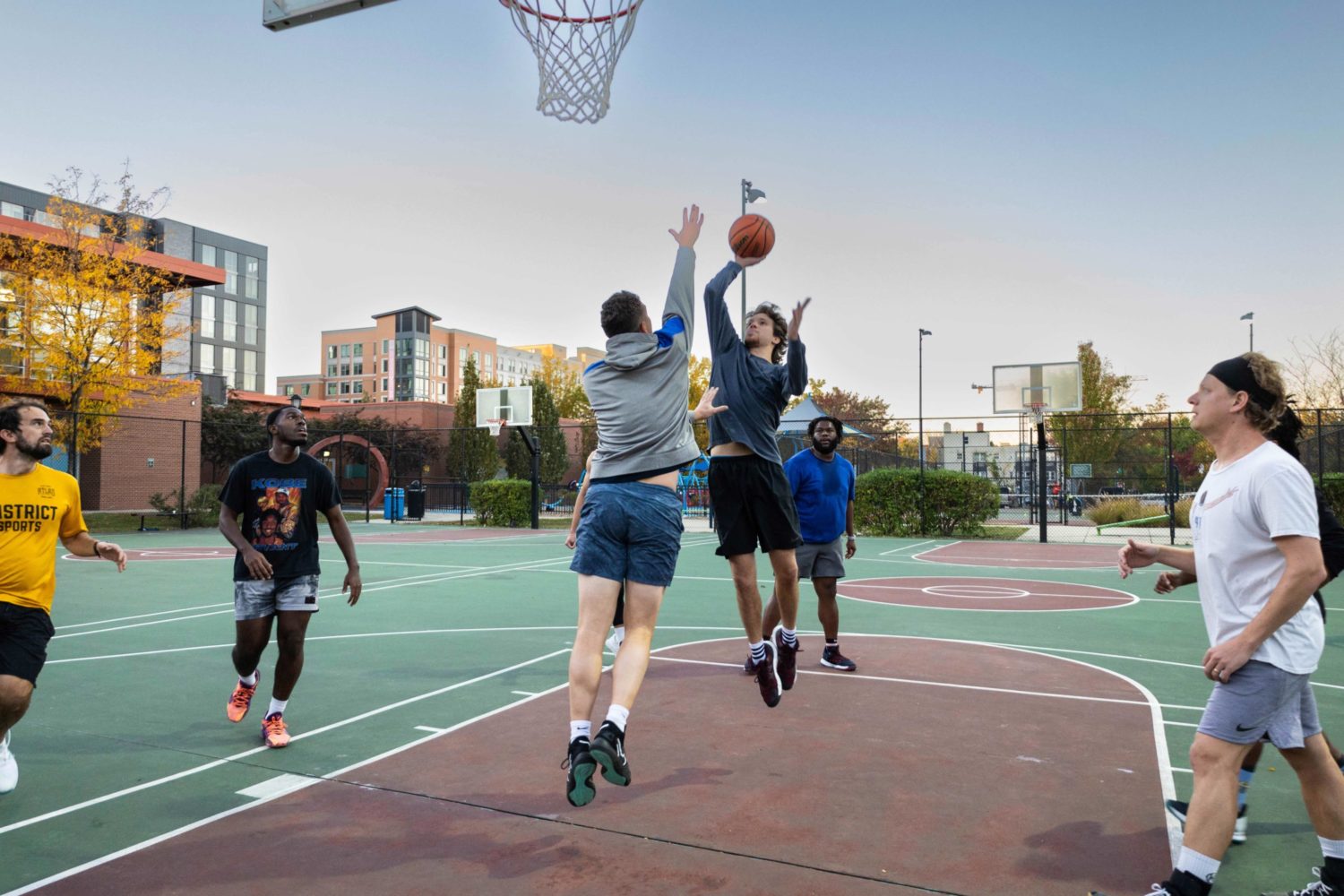There is something poetic about beginnings. I begin in a city—Washington, DC—to which my great-grandparents migrated in an attempt to escape the cruelties and anti-Blackness of the oppressive policies and blatant racism of the South. In one way, I am here because of hatred; my family attempted to remove themselves from it and, in the process, found a place that raised my grandmother, her brothers, my mother, and me. The elders in my family walked down the same streets that I do. Thus, our experiences, our beginnings, overlap. In another way, though, I am here because of love—the courageous act of loving something enough to carry it with you from South Carolina up the East Coast—a body, a family, a husband, a dream, a beginning.
I fell in love with words when I was a child—train, plane, jet, bus, Metro, art. Words are a form of power. I discovered poetry and quickly began writing as a way to give myself strength. There is a beauty in fitting things together, whether words or people, that do not typically belong together. Poetry teaches us this. DC could show us this. When you write poetry, the end of a sentence can serve as a beginning. You can punctuate however you want! A run-on can be proper, yes, there does not have to be such a thing as an end of a sentence when the language tells you it should end, I can end it whenever I want, see? In poetry, you have the freedom to deconstruct barriers and move beyond the confinements of regulations. If only life worked like that—but why can’t it?
When the insurrection at the US Capitol happened in January, I was watching it live on TV with my mother and father. My heart began to weep, and my bones rustled. I kept opening my front door to see if I could hear them. I was shaking. I was on the phone with my grandmother, who remembers Jim Crow racism, and she said she’d never seen anything this horrific in her home of DC. I did not recognize my city. We were yelling at our TVs. I could not sit still. I did not want to.
I was shaking in the same way that I was when I got robbed at gunpoint as a freshman in high school, waiting for my mom to pick me up after school. I was shaking in the same way that I was when I heard the Trayvon Martin verdict read as a child. I was shaking in the same way that I was when I came out to my parents. I was shaking in the same way that I was when I watched the video of 66-year-old Mohammad Anwar being robbed of his life by violence just steps away from where I frequently take walks.
Mohammad Anwar was a dreamer. He came to this city, like the matriarchy in my family, with hopes of beginning. He came to this country, this city, from Pakistan to build a new home.
From his family’s GoFundMe page: “He was a beloved husband, father, grandfather, uncle, and friend who always provided a smile when you needed one. He leaves behind a family, near and far, who cherish, love, and miss him dearly.”
Poetry taught me that you could exist between the margins of tradition if you’re brave enough. DC taught me that, too. But DC also taught me that this home has a long way to go before it is habitable by everyone. When I think about DC—the political kingdom, the artistic haven, the mecca, the center—I think of home. Like words in a poem, a home is a place you courageously exist in with love despite hatred outside of the boundaries of expectations. Home, like poetry, is somewhere that you exist in nontraditionally. Maybe I ended up in DC because of love and hate, but I only know this to be true: If we want to live in DC, we have to love it with every shaking bone and rattling heart. I know about this love because to write poetry is to love. Love does not mean shying away from problems, gun violence, insurrections, and tragedy. Love means addressing the root. It means immediate action.
The poetic aspects that can be found in beginnings need to be found in how we move through our city. A fresh start every day, acknowledging the past, the ends that brought us to our current beginning, even if our ends are flawed. We have to plant flowers in the cracks of our city, and not just in underserved communities but in the structures that perpetuate oppression and peril. We must hold the roots of the flowers to our beating hearts and protect them like a mother protects a son, like I wish I could have protected Mr. Anwar.
DC is a home: not a political playground or a village of violence, but a living memorial, a time capsule, a poem, a memory. We need to place our love and care for societal issues in the capsule now. We have no other choice. This is the prize. We want to refind it in years to come and fruitfully open all the work we put in now, so no one has to listen to their bones shake in unimaginable, unpleasant ways. This is our beginning. This is our home. Help heal it.
Amiri Nash is a 19-year-old writer and poet from Washington and the 2021 DC Youth Poet Laureate. A graduate of DCPS and a first-year student at Brown University, he recently gave a TEDx Talk. His favorite things about DC are the nature and the Metro.

